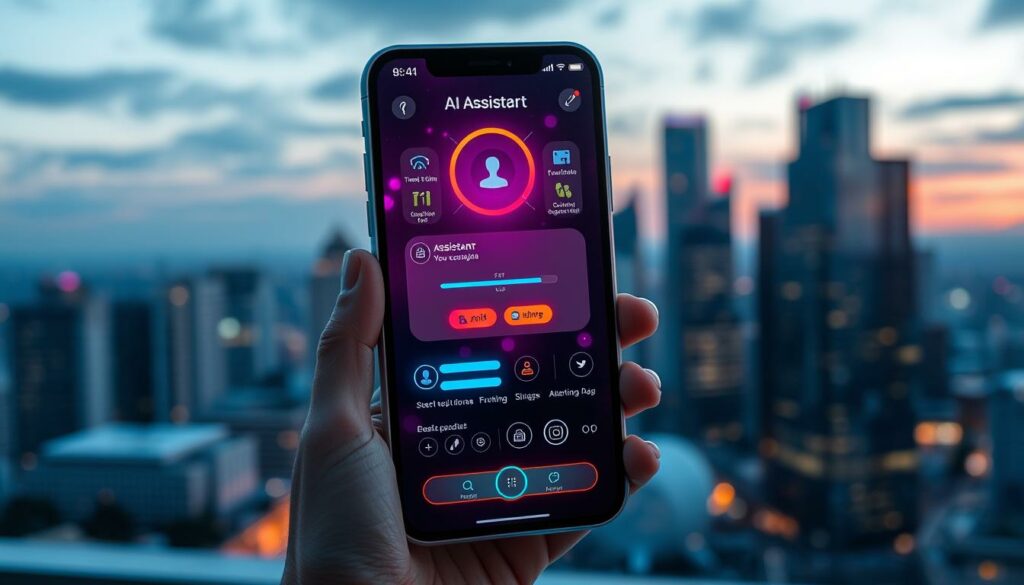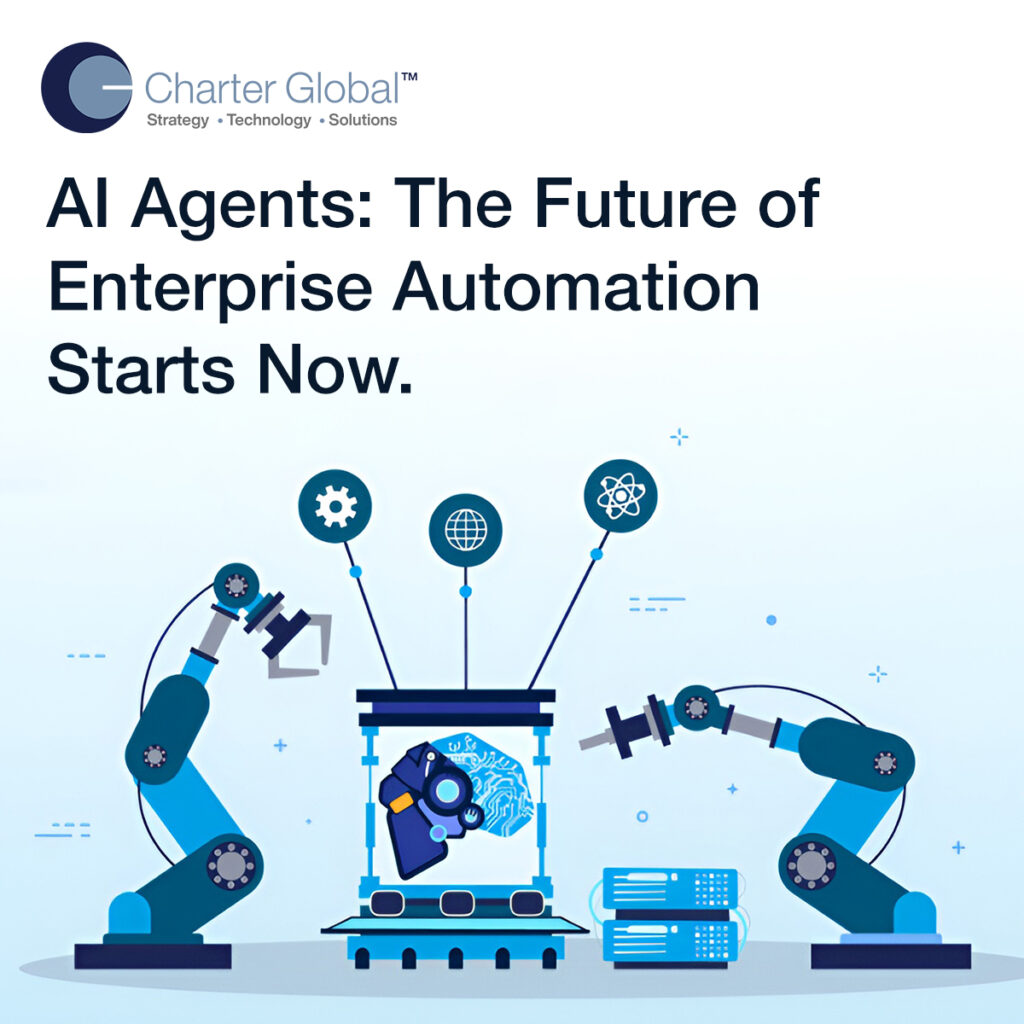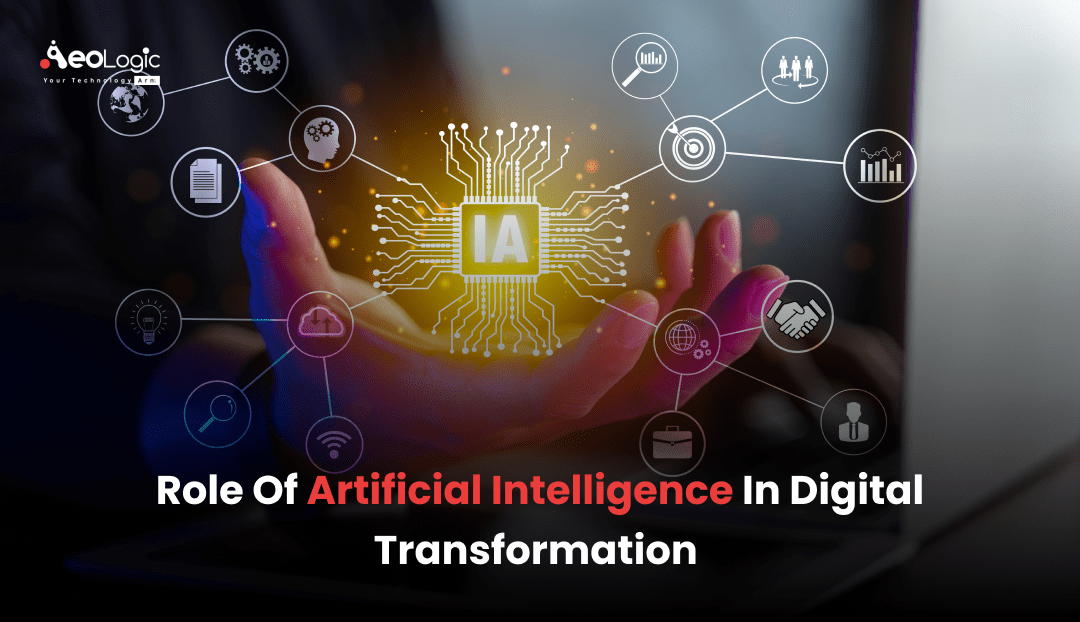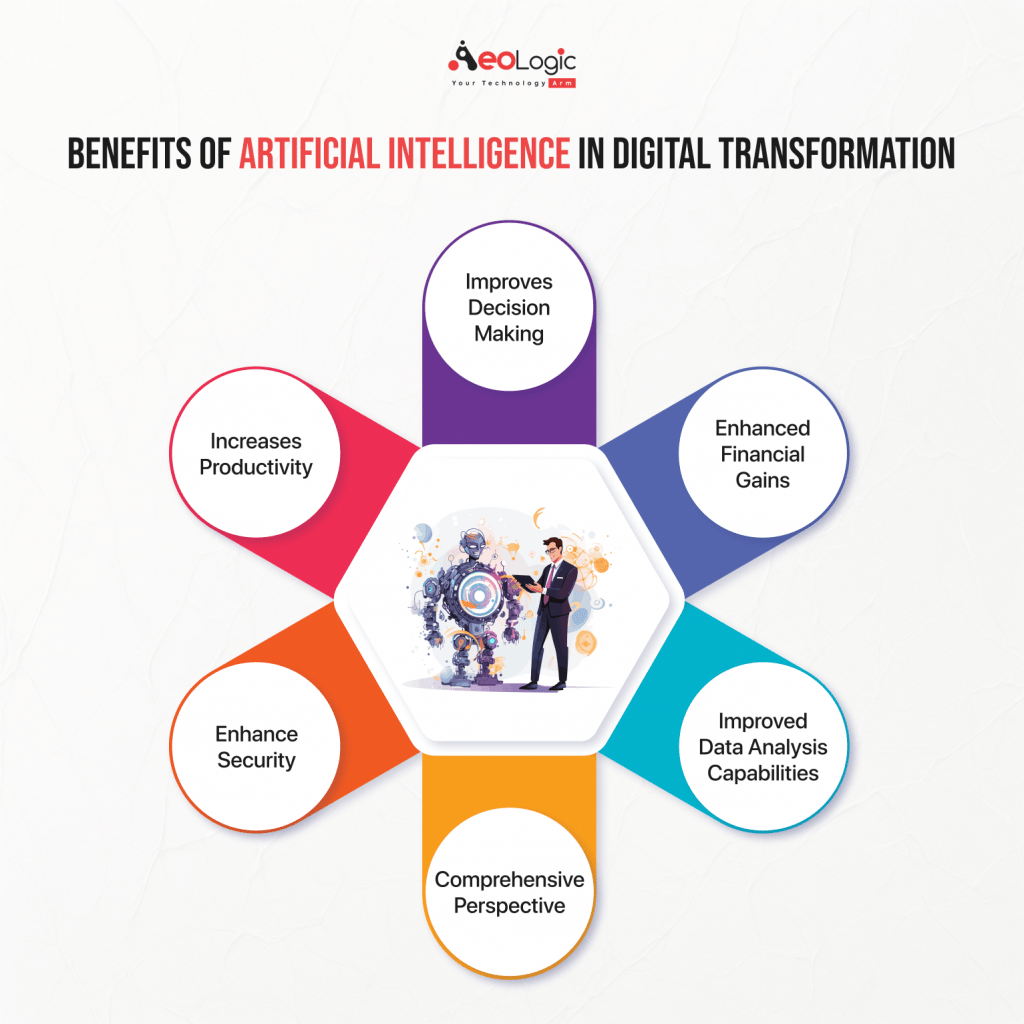AI Agents: The Revolutionary Technology Transforming Business Automation in 2025
Trending Topic - 99x+ Search Growth
AI Agents: The Revolutionary Technology Transforming Business Automation in 2025
Discover how artificial intelligence agents are reshaping industries with autonomous decision-making, intelligent automation, and unprecedented business efficiency

In the rapidly evolving landscape of artificial intelligence, one technology stands out as the most transformative force of 2025: AI agents. With an explosive 99x+ search growth over the past five years, AI agents represent a paradigm shift from passive AI tools to proactive, autonomous systems capable of independent decision-making and task execution.
Unlike traditional software programs that require explicit instructions for every action, AI agents possess the remarkable ability to understand context, learn from their environment, and make intelligent decisions to achieve specific goals. This revolutionary capability is transforming how businesses operate, automating complex workflows, and creating unprecedented opportunities for efficiency and innovation.
Why AI Agents Are Trending Now
- 99x+ increase in search volume (2020-2025)
- $15.7 trillion projected economic impact by 2030
- 73% of enterprises planning AI agent implementation
- Average 40% reduction in task completion time
Understanding AI Agents: The Digital Workforce Revolution
AI agents are sophisticated software programs that leverage artificial intelligence technologies to perform tasks autonomously or semi-autonomously. Unlike conventional automation tools, these intelligent systems can perceive their environment, process complex information, make decisions, and take actions to achieve predetermined objectives without constant human intervention.
The term "agent" in artificial intelligence refers to an entity that can perceive its environment through sensors and act upon that environment through actuators. In the digital realm, these "sensors" might be APIs, data feeds, or user interactions, while "actuators" could be database updates, email notifications, or system integrations.

Core Characteristics of AI Agents
Autonomous Learning
Continuously adapt and improve performance through machine learning algorithms
Environmental Perception
Observe and interpret data from multiple sources and contexts
Goal-Oriented Action
Execute tasks strategically to achieve specific objectives
Multi-Agent Collaboration
Coordinate with other agents and systems for complex operations
Types of AI Agents in Modern Business
Reactive Agents
Simple agents that respond to immediate environmental stimuli without maintaining internal state. Examples include chatbots that respond to specific keywords or basic recommendation systems.
Model-Based Agents
More sophisticated agents that maintain an internal model of their environment, allowing them to handle partially observable situations and make informed predictions.
Goal-Based Agents
Advanced agents that work toward specific objectives, capable of planning sequences of actions and adapting strategies based on changing circumstances.
Utility-Based Agents
Highly sophisticated agents that evaluate multiple possible actions based on utility functions, optimizing for the best possible outcomes across various scenarios.
AI Agents Transforming Industries Worldwide
The versatility of AI agents has enabled their adoption across virtually every industry, from healthcare and finance to manufacturing and entertainment. These intelligent systems are not just automating routine tasks; they're revolutionizing entire business processes and creating new possibilities for innovation and growth.
According to recent industry reports, companies implementing AI agents are experiencing average productivity increases of 40% and cost reductions of up to 30%. This transformation is particularly pronounced in sectors where complex decision-making, real-time processing, and 24/7 availability are critical success factors.

Industry-Specific Applications
Healthcare & Medical Services
- Diagnostic assistance and medical image analysis
- Patient monitoring and alert systems
- Drug discovery and clinical trial optimization
- Personalized treatment recommendations
Success Story
Mayo Clinic's AI agents reduced diagnostic errors by 35% and improved patient outcomes through real-time health monitoring and predictive analytics.
Financial Services & Banking
- Fraud detection and prevention systems
- Algorithmic trading and portfolio management
- Credit risk assessment and loan processing
- Customer service and financial advisory
Success Story
JPMorgan Chase's COIN AI agent processes legal documents in seconds, reducing 360,000 hours of manual lawyer work annually.
Manufacturing & Supply Chain
- Predictive maintenance and equipment optimization
- Quality control and defect detection
- Supply chain optimization and demand forecasting
- Robotic process automation (RPA)
Success Story
Tesla's AI agents in manufacturing reduced production downtime by 50% through predictive maintenance and real-time quality control.
Retail & E-commerce
- Personalized product recommendations
- Dynamic pricing and inventory management
- Customer service chatbots and virtual assistants
- Fraud prevention and security monitoring
Success Story
Amazon's AI agents power their recommendation engine, generating 35% of total revenue through personalized product suggestions.
Transformative Benefits of AI Agents for Modern Businesses
The adoption of AI agents represents one of the most significant technological investments businesses can make in 2025. Organizations implementing these intelligent systems report dramatic improvements in operational efficiency, cost reduction, and customer satisfaction while gaining competitive advantages that position them for long-term success.
Beyond immediate operational benefits, AI agents enable businesses to scale operations without proportional increases in human resources, handle complex decision-making processes at machine speed, and maintain consistent service quality across all customer touchpoints, 24 hours a day, 365 days a year.

Quantifiable Business Impact
Strategic Advantages
Scalability Without Limits
AI agents can handle increasing workloads without the linear cost increases associated with human resources. As your business grows, these systems automatically scale to meet demand, processing thousands of tasks simultaneously while maintaining consistent performance quality.
Intelligent Decision Making
Unlike traditional automation, AI agents make contextual decisions based on data analysis, pattern recognition, and learned experiences. This capability enables them to handle complex scenarios that would typically require human intervention.
Enhanced Accuracy and Consistency
AI agents eliminate human error from routine processes, ensuring consistent execution of tasks according to predefined standards. This reliability is particularly valuable in compliance-heavy industries and quality-critical operations.
Data-Driven Insights
AI agents continuously collect and analyze operational data, providing valuable insights into business processes, customer behavior, and performance metrics that enable informed strategic decision-making.
Strategic Implementation: Your Roadmap to AI Agent Success
Successful AI agent implementation requires careful planning, strategic thinking, and a phased approach that aligns with your organization's goals, resources, and technical capabilities. Companies that follow structured implementation strategies report 70% higher success rates and faster return on investment compared to those with ad-hoc approaches.
The key to successful implementation lies in understanding your specific business needs, selecting appropriate AI agent technologies, and creating a comprehensive change management strategy that ensures smooth adoption across your organization.

Phase-by-Phase Implementation Strategy
1Assessment and Planning Phase (2-4 weeks)
- Conduct comprehensive business process audit
- Identify high-impact automation opportunities
- Assess technical infrastructure and data readiness
- Define success metrics and ROI expectations
Key Deliverable: Comprehensive AI readiness report with prioritized use cases and implementation roadmap.
2Pilot Project Development (4-6 weeks)
- Select low-risk, high-impact pilot use case
- Design and develop initial AI agent prototype
- Establish data pipelines and integration frameworks
- Train key personnel and stakeholders
Key Deliverable: Functional AI agent prototype with documented performance metrics and user feedback.
3Production Deployment (6-8 weeks)
- Scale successful pilot to production environment
- Implement monitoring and performance optimization
- Establish governance and compliance frameworks
- Roll out comprehensive user training programs
Key Deliverable: Fully operational AI agent system with established maintenance and optimization procedures.
4Expansion and Optimization (Ongoing)
- Identify additional automation opportunities
- Integrate AI agents across multiple business functions
- Continuously optimize performance and capabilities
- Scale infrastructure to support enterprise-wide deployment
Key Deliverable: Enterprise-wide AI agent ecosystem with continuous improvement processes and expansion roadmap.
Critical Success Factors
Leadership Commitment
Ensure strong executive sponsorship and organizational commitment to AI transformation initiatives.
Data Quality
Establish robust data governance and ensure high-quality, accessible data for AI agent training and operation.
Skills Development
Invest in comprehensive training programs to develop internal AI capabilities and change management expertise.
Overcoming AI Agent Implementation Challenges
While AI agents offer tremendous benefits, successful implementation requires addressing several common challenges that organizations face. Understanding these obstacles and preparing strategic solutions is crucial for achieving optimal results and avoiding costly implementation failures.
Research indicates that 60% of AI projects fail due to inadequate planning, poor data quality, or insufficient change management. However, organizations that proactively address these challenges achieve 85% higher success rates and significantly faster time-to-value.

Common Challenges and Strategic Solutions
Data Quality and Integration Issues
Poor data quality, siloed systems, and inconsistent data formats can severely impact AI agent performance and reliability.
Strategic Solutions:
- • Implement comprehensive data governance frameworks
- • Establish data quality monitoring and cleansing processes
- • Create unified data architectures and API-first integration strategies
- • Invest in master data management (MDM) solutions
Organizational Resistance and Change Management
Employee concerns about job displacement and unfamiliarity with AI technologies can create significant adoption barriers.
Strategic Solutions:
- • Develop comprehensive change management and communication strategies
- • Focus on augmentation rather than replacement messaging
- • Provide extensive training and reskilling opportunities
- • Create AI champion networks within the organization
Security and Compliance Concerns
AI agents handle sensitive data and make autonomous decisions, raising concerns about security vulnerabilities and regulatory compliance.
Strategic Solutions:
- • Implement robust security frameworks and encryption protocols
- • Establish clear governance and audit trails for AI decisions
- • Ensure compliance with relevant regulations (GDPR, HIPAA, etc.)
- • Regular security assessments and penetration testing
Budget Constraints and ROI Uncertainty
High initial investment costs and uncertainty about return on investment can make it difficult to secure necessary funding and resources.
Strategic Solutions:
- • Start with high-impact, low-risk pilot projects to demonstrate value
- • Establish clear ROI metrics and tracking mechanisms
- • Consider phased implementation to spread costs over time
- • Explore partnerships and managed AI service providers
Success Tip
Organizations that achieve the greatest success with AI agents treat implementation as a strategic transformation initiative rather than a technology deployment project. This holistic approach addresses technical, organizational, and cultural factors simultaneously.
The Future of AI Agents: Trends Shaping 2025 and Beyond
The AI agent landscape is evolving at unprecedented speed, with new capabilities, applications, and use cases emerging continuously. As we advance through 2025, several key trends are shaping the future of intelligent automation and positioning AI agents as the cornerstone of digital transformation strategies.
Industry analysts predict that by 2027, AI agents will be involved in 80% of business processes across all industries, with the global AI agents market reaching $78 billion. Understanding these trends is crucial for organizations planning their AI strategies and competitive positioning.

Emerging Trends in AI Agent Technology
Multi-Agent Collaborative Systems
The future lies in sophisticated multi-agent systems where specialized AI agents collaborate to solve complex problems that exceed the capabilities of individual agents.
- • Swarm intelligence for distributed decision-making
- • Cross-functional agent teams for complex projects
- • Dynamic agent orchestration and resource allocation
- • Inter-agent communication protocols and standards
Market Impact
By 2026, 65% of enterprise AI implementations will utilize multi-agent collaborative systems, creating $45 billion in additional business value.
Autonomous Learning and Self-Improvement
Next-generation AI agents will possess advanced autonomous learning capabilities, continuously improving their performance without human intervention.
- • Self-supervised learning from operational data
- • Adaptive behavior modification based on outcomes
- • Automatic model updates and optimization
- • Zero-shot learning for new task categories
Innovation Highlight
Self-improving AI agents are expected to reduce maintenance costs by 70% while increasing performance capabilities by 300% over traditional systems.
Natural Language and Conversational Interfaces
AI agents are becoming increasingly sophisticated in natural language understanding, enabling intuitive human-agent collaboration through conversational interfaces.
- • Context-aware conversational AI capabilities
- • Multi-modal communication (voice, text, visual)
- • Emotional intelligence and sentiment analysis
- • Domain-specific language specialization
User Experience Revolution
Advanced conversational AI agents are expected to increase user adoption rates by 85% and reduce training requirements by 60%.
Edge Computing and Mobile AI Agents
The deployment of AI agents at the edge and on mobile devices is enabling real-time, low-latency intelligent automation in previously inaccessible scenarios.
- • Real-time processing without cloud dependency
- • Enhanced privacy and data security
- • Reduced bandwidth and operational costs
- • Offline-capable intelligent automation
Market Expansion
Edge AI agents are projected to enable $120 billion in new market opportunities across IoT, autonomous vehicles, and smart city applications.
Industry-Specific Future Applications
Healthcare Evolution
AI agents will enable personalized medicine, real-time patient monitoring, and autonomous diagnostic systems that revolutionize healthcare delivery.
Autonomous Transportation
Self-driving vehicles, intelligent traffic management, and predictive maintenance systems will transform transportation infrastructure.
Educational Innovation
Personalized learning agents, intelligent tutoring systems, and adaptive educational content will revolutionize learning experiences.
Prepare for the AI Agent Revolution
The organizations that will dominate their industries in the coming decade are those that start building their AI agent capabilities today. The window of opportunity is narrowing as early adopters gain increasingly significant competitive advantages.
Frequently Asked Questions About AI Agents
Conclusion: Embrace the AI Agent Revolution
The AI agent revolution is not a distant future concept—it's happening now, transforming businesses across every industry with unprecedented speed and impact. With 99x+ search growth and billions in projected economic value, AI agents represent one of the most significant technological opportunities of our time.
Organizations that act decisively to implement AI agents today will secure commanding competitive advantages in efficiency, innovation, and customer satisfaction. The window of opportunity is open, but it won't remain so indefinitely as the technology matures and becomes commoditized.
Key Takeaways for Success
- Start with high-impact, low-risk pilot projects
- Invest in comprehensive change management and training
- Focus on data quality and integration from the beginning
- Plan for scalability and continuous optimization
- Maintain human-AI collaboration as a core principle
Ready to Transform Your Business?
The AI agent revolution waits for no one. Organizations that delay implementation risk falling behind competitors who are already capturing the transformative benefits of intelligent automation.
Take Action Today
Begin your AI agent journey with a comprehensive assessment of your automation opportunities and implementation roadmap.
Stay Ahead of AI Technology Trends
Subscribe to our newsletter for the latest insights on AI agents, automation technologies, and digital transformation strategies.


